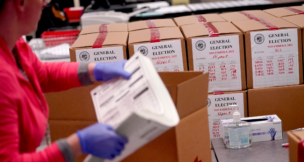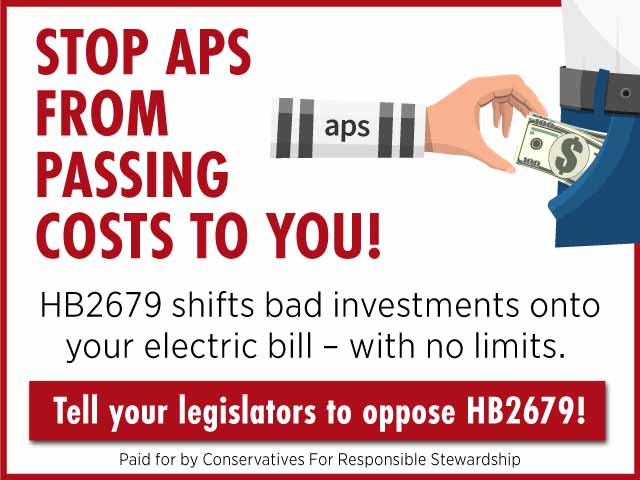Liquor regulators not liable for drunk driving injuries, court finds
Howard Fischer, Capitol Media Services//May 20, 2025//
Liquor regulators not liable for drunk driving injuries, court finds
Howard Fischer, Capitol Media Services//May 20, 2025//
Key Points:
-
It is illegal for establishments serving liquor to sell to “obviously intoxicated” people
-
The Arizona Supreme Court says liquor regulators have no obligation to close bars who regularly overserve
-
The decision overturns another that found the agency has a duty to prevent public harm
The failure of state liquor regulators to close a bar with an alleged history of overserving does not make it liable when an intoxicated customer causes harm after driving, the Arizona Supreme Court has ruled.
In a unanimous opinion, the justices acknowledged that the state Department of Liquor Licenses and Control has broad authority to suspend, revoke or refuse to renew a license if the establishment fails to comply with the statutes that regulate the sale of alcoholic beverages. One of those laws makes it illegal to serve liquor to an “obviously intoxicated person.”
And in this case, the victims of an accident caused by someone who left Billy Jack’s Saloon and Grill in Dewey-Humbolt — a person who had a blood-alcohol content more than four times the legal limit — say that the failure of the state agency to close the bar led to their injuries.
In legal pleadings, they said the bar had a “history of infractions.” And the plaintiffs claim the agency renewed the license “despite it being open and obvious through their advertising and website that Billy Jack’s seeks to overserve their customers.”
But Justice Kathryn King, writing for the court, said that’s all irrelevant.
“The permissive statutes make clear that the department may suspend or revoke an establishment’s license, may inspect a licensee’s premises, and may impose civil penalties,” she said. But King said those are “discretionary statutes.”
“They do not require the department to perform any act or refrain from performing an act,” she said. That, said King, means the agency owed no duty to protect those who were injured and cannot be held financially accountable.
The May 19 ruling overturns an opposing decision by the state Court of Appeals.
In its majority decision, the judges said lawmakers created the department and gave it specific regulatory authority with statutes expressly identifying the overservice of patrons as a risk to the general public they were designed to prevent.
“Conversely, those potentially harmed by an overserved patron represent the precise class of persons those statutes were designed to protect,” the appellate court wrote.
But King, by contrast, said the law doesn’t go that far — and doesn’t make the liquor department liable for injuries arising from alcohol-related incidents.
According to court records, David Browne went to Billy Jack’s in April 2021. After leaving the parking lot, he drove his vehicle onto State Route 69 and was involved in a multi-vehicle accident.
Victor Sanchez-Raveulta and Janette Dodge and their two minor children were passengers in one of the vehicles.
The lawsuit said Browne had a blood-alcohol concentration of more than 0.30 at the time of the accident; 0.08 is considered the presumptive indication of intoxication.
In filing suit, the plaintiffs said the state, through the liquor department, was grossly negligent and exhibited “wanton conduct.” They said the department must protect the public by taking reasonable measures to prevent establishments from creating hazardous conditions by regularly overserving their patrons.
The problem with that, King said, is that someone can be held negligent only if they have a duty to “conform to a particular standard of conduct in order to protect others against unreasonable risks of harm.”
It is true, she said, that a duty can be created by state law, but that, by itself, is not enough.
“A statute cannot be the basis of a public policy duty if it does not require or prohibit certain conduct,” King wrote. Instead, she said, the law must be written in a way that it requires or prohibits certain conduct.
Here, King said, the statutes the plaintiffs are relying on to prove the department negligent do not fit the bill.
“These statutes merely describe the department’s discretionary authority,” she said.
The justices acknowledged that a separate statute says that a liquor license can be issued only after the applicant has shown qualifications and reliability and that “the public convenience requires and that the best interest of the community will be substantially served by the issuance.”
But King said the complaint does not allege the injuries were caused because the department improperly issued the original license; instead, it is based on facts after the original license was issued.
There is nothing in the court record about any separate litigation against the bar’s owner.








































